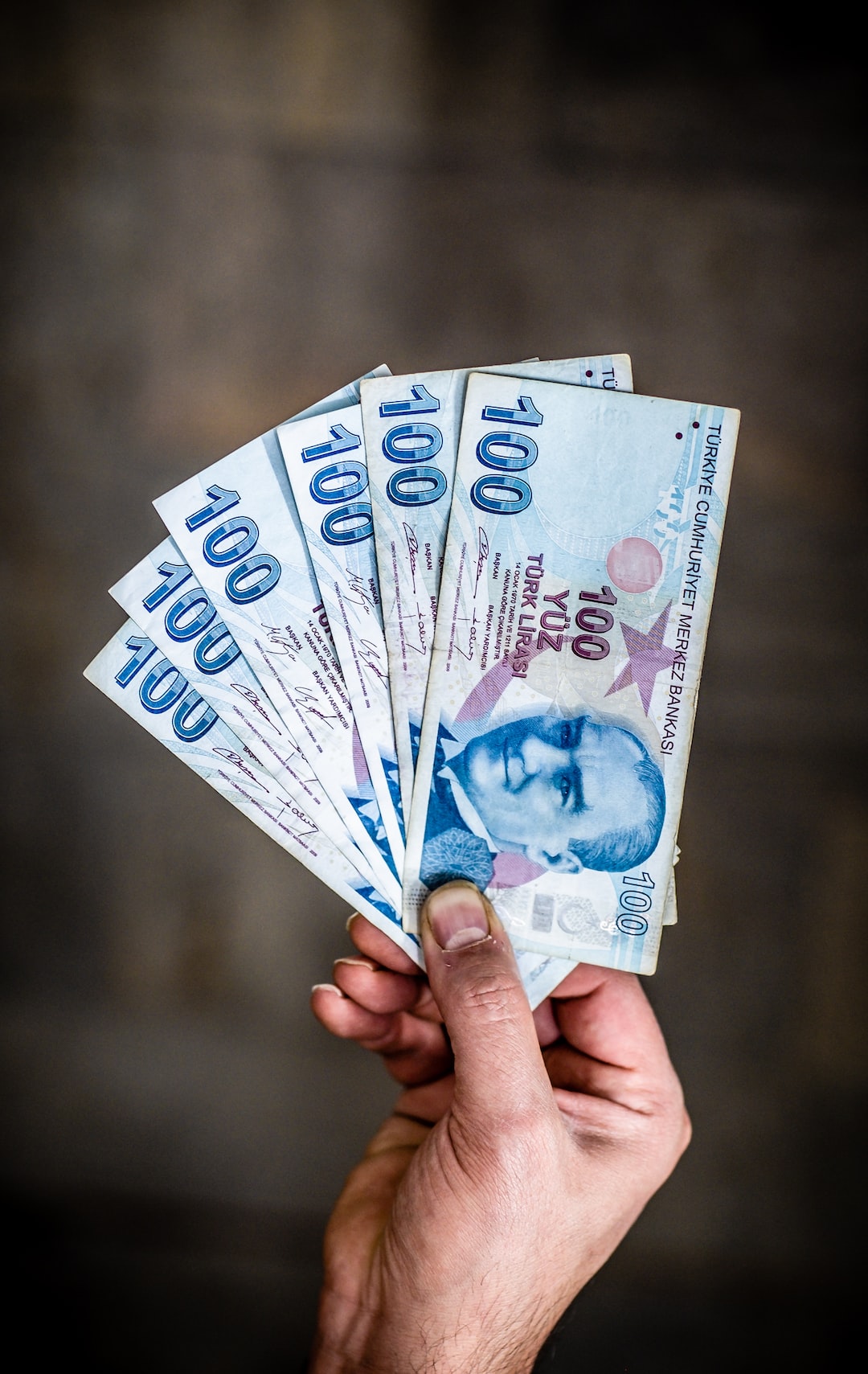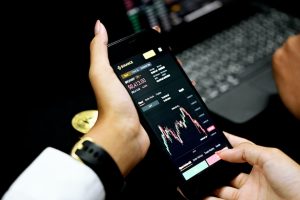The forex market, also known as the foreign exchange market, is a decentralized market where currencies are traded. It is the largest financial market in the world, with an average daily trading volume of $6.6 trillion. The forex market is open 24 hours a day, five days a week, and is accessible from anywhere in the world. In this article, we will discuss the structure of the forex market, how it operates, and its significance.
Structure of the Forex Market
The forex market is not located in a central place like the stock market. Instead, it is a network of banks, financial institutions, and individual traders who buy and sell currencies. The market is divided into three main categories: the interbank market, the retail market, and the futures market.
The interbank market is where the largest banks and financial institutions trade currencies with each other. This market is not accessible to individual traders or small businesses. The retail market is where individual traders and small businesses buy and sell currencies. This market is accessible through forex brokers who act as intermediaries between traders and the interbank market. The futures market is where traders buy and sell currency contracts that are set to expire at a future date.
How the Forex Market Operates
The forex market operates on the principle of supply and demand. Currencies are traded in pairs, and the value of one currency is determined by its exchange rate against another currency. For example, the exchange rate between the US dollar and the euro is EUR/USD. If the exchange rate is 1.20, it means that one euro is worth 1.20 US dollars.
The forex market is influenced by several factors, including economic indicators, geopolitical events, and central bank policies. Economic indicators such as GDP, inflation, and employment data can affect the value of a currency. Geopolitical events such as wars, elections, and natural disasters can also have an impact on the forex market. Central bank policies such as interest rate changes and monetary policy decisions can also affect the value of a currency.
Significance of the Forex Market
The forex market is significant for several reasons. First, it is the largest financial market in the world, with an average daily trading volume of $6.6 trillion. This makes it highly liquid, meaning that traders can buy and sell currencies quickly and easily. Second, the forex market is accessible from anywhere in the world, making it a global market. Third, the forex market is open 24 hours a day, five days a week, making it accessible to traders in different time zones.
The forex market is also significant for international trade and investment. When companies import or export goods and services, they need to exchange currencies. The forex market provides a platform for companies to exchange currencies and manage their foreign exchange risks. Investors also use the forex market to invest in foreign currencies and take advantage of exchange rate fluctuations.
Conclusion
The forex market is a decentralized market where currencies are traded. It is the largest financial market in the world, with an average daily trading volume of $6.6 trillion. The forex market is divided into three main categories: the interbank market, the retail market, and the futures market. It operates on the principle of supply and demand and is influenced by economic indicators, geopolitical events, and central bank policies. The forex market is significant for international trade and investment, providing a platform for companies to exchange currencies and manage their foreign exchange risks. Overall, the forex market plays a crucial role in the global economy.





